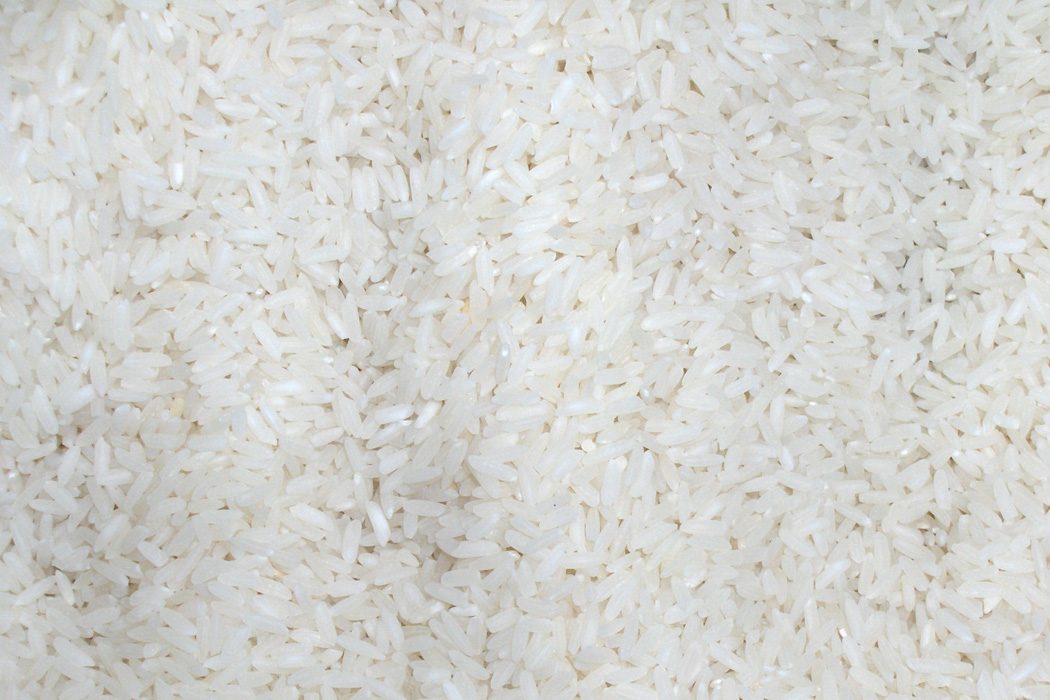When we return from our honeymoon, I learn immediately from my Korean elders at church that my chief duty as wife is to fatten up my groom. It’s customary in Korean culture—according to these elders who mainly emigrated from South Korea in the late 1970s—for a new groom to gain a significant amount of weight as he adjusts to his wife’s cooking.
By far, the most common question I have been asked since getting married is whether or not I cook Korean food.
The irony. After all, is it not terribly obvious that my husband is the Korean one in this equation? So, am I to understand that in spite of the fact that I, a Caucasian female who did not grow up learning the names of dishes or ingredients nor have I developed a strong tasting acumen based on a vast catalogue of Korean cuisine consumption, nor would I know how to amend something that was tending to be too salty or far too spicy (a description not even in my husband’s lexicon), nor can I read the Korean alphabet in the time a Crock Pot could cook a whole meal—you mean to say that I am still on the hook to whip up some kimchee jigae for my honey?
The turmoil usually begins over the phone. What are the first questions you ask in a catching up conversation? How are you? What have you been up to? How’s work, your wife, the new Zumba class going for you? I didn’t know at the time that in Korean culture, there really is no equivalent for, “How are you?” My new husband John explains the standard pleasantry in Korean is more to the tune of, “How are you living?” with specific respect to food.
We had only been married a few months when I started to listen more intently to John’s phone calls with his parents. John responded mostly in English, and I kept noticing that the first words out of his mouth would be, “Salad. Yeah. No. No, we just had salad for dinner.” Within a minute of picking up the phone, he would already be defending what we had eaten for every meal that day. Should I be keeping a Weight Watchers food journal? After John hung up, I would ask why he was talking about what we ate that day. He said his parents couldn’t get past the fact that we never ate rice. They asked exactly how often we used the rice cooker that they had given us as a gift. They took turns. Mother-in-law: How much rice? Father-in-law: How much rice?
I always internalized it, as if the questions John was fielding were really accusing fingers pointed at me. I was being whole grain shamed.
Personal updates in Korean culture start with food. If you are well-fed, you are well. If you are not well, you have (for some tragic and inexplicable reason) not consumed your daily ration of rice. The latter is cause for great consternation among Korean parents who escaped starvation in their country’s war whereby families were displaced, and rice was scarce. If I lived through that kind of hell on earth, I, too, probably would want to ensure forever more that my family was all safe and stuffing face with whole grains.
I am not trying to be an ingrate. The fact that I let our rice cooker’s plug get too close to the burner in that first year of marriage and literally torched our rice cooker was just— well, it REALLY was an accident. PROMISE!
But here is my reality: I am a 4-foot-10-inch Caucasian woman. I do not have the appetite or the metabolism to support the mountainous bowls of rice consumed by my Korean counterparts. You cannot fit a football into your belly-button, just as you cannot fit a small rice paddy into my stomach. This is a thing. My Filipina friend Jamie says so. Girlfriend can eat rice for days and not gain a pound, and her whole universe feels off when her rice cooker is unplugged, whereas I’m over here asking whoever put our rice cooker on top of the refrigerator to bring it down for its semi-monthly use.
I still cannot consume a reasonable portion of sticky rice, but the comic injustice is that my small half-Korean children can inhale it by the bowlful. I’m beginning to think that rice is a strong connective agent in this mixed-race family: no matter the size of the portion, it reminds us of the way family nourishes, the way it binds us together like a special sticky starch between each individual grain.




